Cory Rodgers
Assistant Professor of Migration Studies
Dr. Cory Rodgers (he/him) is a social anthropologist. Prior to joining LAU, Dr. Rodgers was a senior researcher at the University of Oxford’s Refugee Studies Centre, where he was the principal investigator of the project Social Cohesion as a Humanitarian Objective (2020-2023). His research investigated the impact of projects intended to promote “social cohesion” between displaced populations and their host populations, whether merely to prevent inter-communal tensions or to promote more ambitious forms of cross-communal solidarity.
Dr. Rodgers received his DPhil in Anthropology at Oxford’s Institute for Social and Cultural Anthropology (2018), where he studied as a Rhodes Scholar. His doctoral research was a phenomenological examination of emerging class and political structures among Turkana pastoralists in northwestern Kenya. Over the past two decades, their formerly egalitarian society has been radically altered by development interventions and government reform, with implications for relations between nomadic livestock keepers and the emerging minority of urban elites, as well as between men and women navigating a changing economic and legal landscape. His dissertation was awarded the David Parkin Prize in Ethnographic Materials.
Dr. Rodgers is a Research Affiliate at the University of Oxford’s Refugee Studies Centre and serves on the Advisory Board for the Jesuit Refugee Service’s Reconciliation Unit.
Research Interests
His research focuses on mobility, displacement, and the provision of humanitarian and development aid. His work spans two forms of human movement: 1) the forced migration of refugees and IDPs and 2) the strategic mobility of nomadic and peripatetic communities such as pastoralists for whom movement is—or has been historically—a central aspect of their livelihoods and lifeways. Most of his research has focused on Eastern Africa and the Levant.
SDGs Research Mapping
Dr. Cory Rodgers conducts research relevant to the following SDGs:
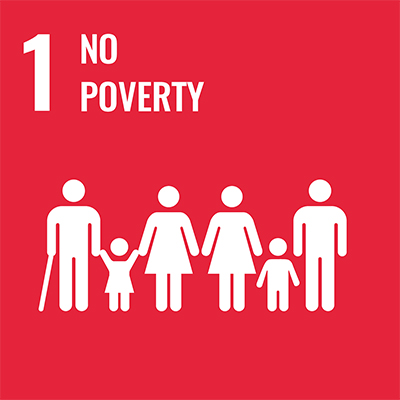
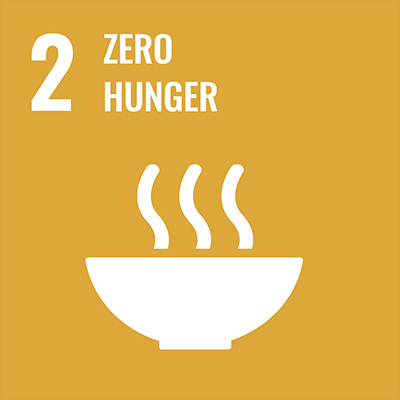
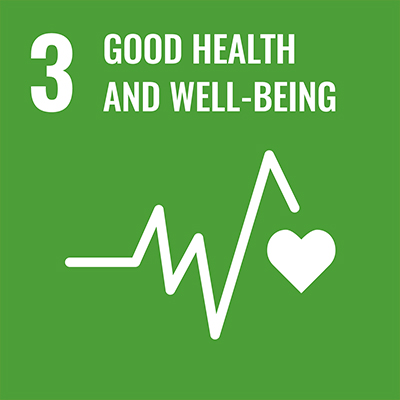
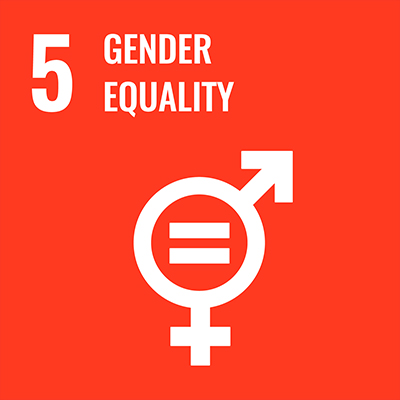
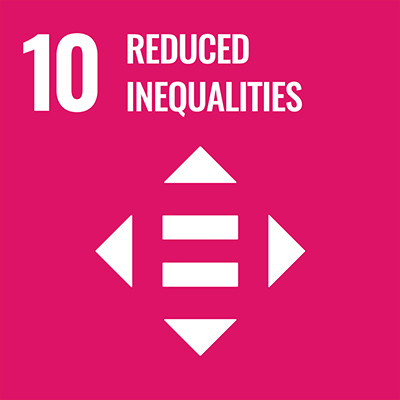
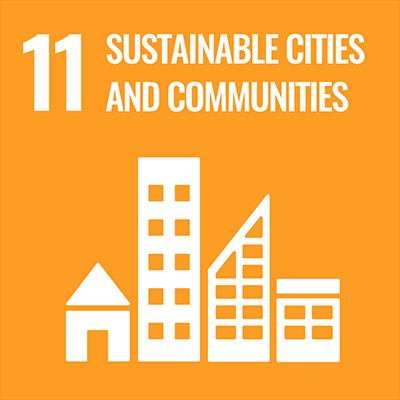
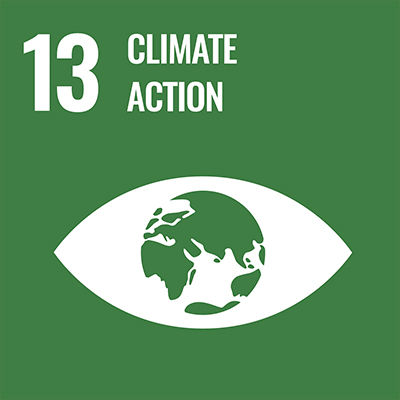
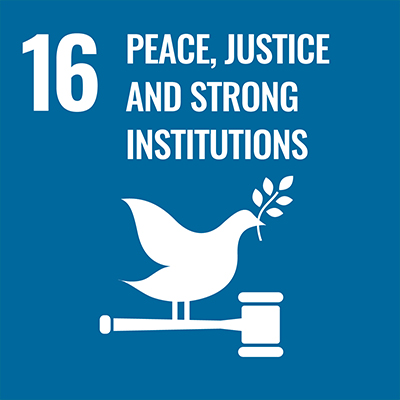
Selected Publications
Humanitarian Strategy
- Bruni, V., Muthui, P., M., Rodgers, C., Sterck, O. (2024). Refugee Debt and Livelihoods in Northern Kenya. Oxford: Refugee Studies Centre.
- Siu, J., Sterck, O., Rodgers, C. (2023). ‘The Freedom to Choose: Theory and Quasi-Experimental Evidence on Cash Transfer Restrictions.’ Journal of Development Economics 161.
- Rodgers, C. (2023). “Accommodating Informality in the Spatial Planning of the Kalobeyei Refugee Settlement, Kenya”, in Gihan Karunaratne (ed.) Informal Settlements of the Global South. Oxford: Routledge.
- Rodgers, C. and Mohamed Talil. (2021). ‘Whether or not Kenya closes its camps, much damage has been done.’ African Arguments, April 9th.
- Rodgers, C., Sui, J., Sterck, O. (2020) ‘Cash transfers can help refugees, but they also carry risks. Insights from Kenya’. The Conversation, 22nd September.
- Sterck, O., Rodgers, C., Siu, J., Stierna, M., Betts, A. (2020). Cash Transfer Models and Debt in the Kalobeyei Settlement. World Food Programme: Rome.
- Rodgers, C. (2020). ‘COVID-19 has Kenyan refugee camp on edge’. The New Humanitarian, April 14th.
- Betts, A., Delius, A., Rodgers, C., Sterck, O., Stierna, M. (2019). Doing Business in Kakuma: Refugees, Entrepreneurship, and the Food Market. World Food Programme: Rome.
- Betts, A., Naohiko, O., Rodgers, C., Sterck, O., Stierna, M. (2019). The Kalobeyei Model: Towards Self-Reliance for Refugees? World Food Programme: Rome.
- Rodgers, C. (2019). ‘A Tale of Two Camps: The Dissociation of Kakuma and Dadaab under the Self-Reliance Agenda in Kenya.’ Refugee Law Institute Blog.
- Rodgers, C. (2017). “Kenya’s black market in ‘refugee real estate’”. IRIN, May 2nd.
- Rodgers, C. (2017). ‘How the ‘Safe Country’ Concept Is Putting Refugees Out in the Cold’. Refugees Deeply.
- Rodgers, C. and Bloom, L. (2016). ‘Informal versus Formal Infrastructure: Energy and water systems in the Kakuma refugee camps, Kenya’. RSC Research in Brief.
Refugees, Host Communities & Social Cohesion
- Sturridge, C. and Rodgers, C. (2023). ‘Social cohesion or social coercion? How policies to improve refugee–host relations can go astray’. Overseas Development Institute.
- Rodgers, Cory. (2022). ‘From coexistence to cohesion in refugee-host relations’. Forced Migration Review, Issue 70, p 64-66.
- Hunt, Stephen & Cory Rodgers. (2022). ‘Measuring social cohesion: lessons from Kakuma Camp’. Forced Migration Review, Issue 70, p 75-77.
- Rodgers, C. (2020). “What Does ‘Social Cohesion’ Mean for Refugees and Hosts? A view from Kenya.”COMPAS Blog.
- Rodgers, C. (2020). ‘The “Host” Label: Forming and Transforming a Community Identity at the Kakuma Refugee Camp.’ Journal of Refugee Studies.
- Rodgers, C. (2020). ‘Hosting Refugees as an Investment in Development: Grand Designs versus Local Expectations in Turkana County, Kenya’, in Lind, Okenwa and Scoones, I. (eds.) Land, Investment and Politics: Reconfiguring Eastern Africa’s Pastoral Drylands. London: James Currey.
- Rodgers, C. (2017). ‘Recognizing the Economic Winners and Losers of Hosting Refugees’. Refugees Deeply.
Mobile Pastoralism
- Rodgers, C. (2024). Review of Hoofprints on the Land: How Traditional Herding and Grazing Can Restore the Soil and Bring Animal Agriculture Back in Balance with the Earth, by Ilse Köhler-Rollefson. Nomadic Peoples, 28 (2): p312-314.
- Rodgers, C. (2024). Review of Lands of the Future: Anthropological Perspectives on Pastoralism, Land Deals and Tropes of Modernity in Eastern Africa, by Echi Christina Gabbert, Fana Gebresenbet, John G. Galaty and Günther Schlee. Nomadic Peoples, 28 (1), p138-150.
- Semplici, G. & Rodgers, C. (2023). ‘Sedentism as Doxa: Biases against Mobile Peoples in Law, Policy and Practice’. Nomadic Peoples 27(2), p155-170 [special issue editors].
- Rodgers, C. & Semplici, G. (2023). ‘Sedentist Epidemiology: COVID-19 Policies and Pastoral Mobility in Turkana County, Kenya’. Nomadic Peoples 27(2), p221-241.
- Rodgers, C. (2023). ‘Indigenous and Mobile Peoples Rights at the COP15’. Dana Declaration Blog, February 7th.
- Rodgers, C. (2022) ‘Equipped to Adapt? A Review of Climate Hazards and Pastoralists’ Responses in the IGAD Region’. Nairobi: IOM & ICPALD.
- Rodgers, C. (2021). ‘Community Engagement in Pastoralist Areas: Lessons from the public dialogue process for a new refugee settlement in Turkana, Kenya.’ Pastoralism 11(1).
- Rodgers, C. (2020). ‘Identity as a Lens on Livelihoods: Insights from Turkana, Kenya.’ Nomadic Peoples.
- Hodbod, J., Stevenson, E., [et al., including Rodgers, C.] (2019). Social-ecological change in the Omo-Turkana basin: A synthesis of current developments. Ambio.
Academic Degrees
- DPhil in Anthropology, Institute of Social and Cultural Anthropology, University of Oxford, UK.
- MPhil in Medical Anthropology, Institute of Social and Cultural Anthropology, University of Oxford, UK.
- BPhil in Africana Studies, University of Pittsburgh, USA.
- BS in Biological Sciences, University of Pittsburgh, USA.